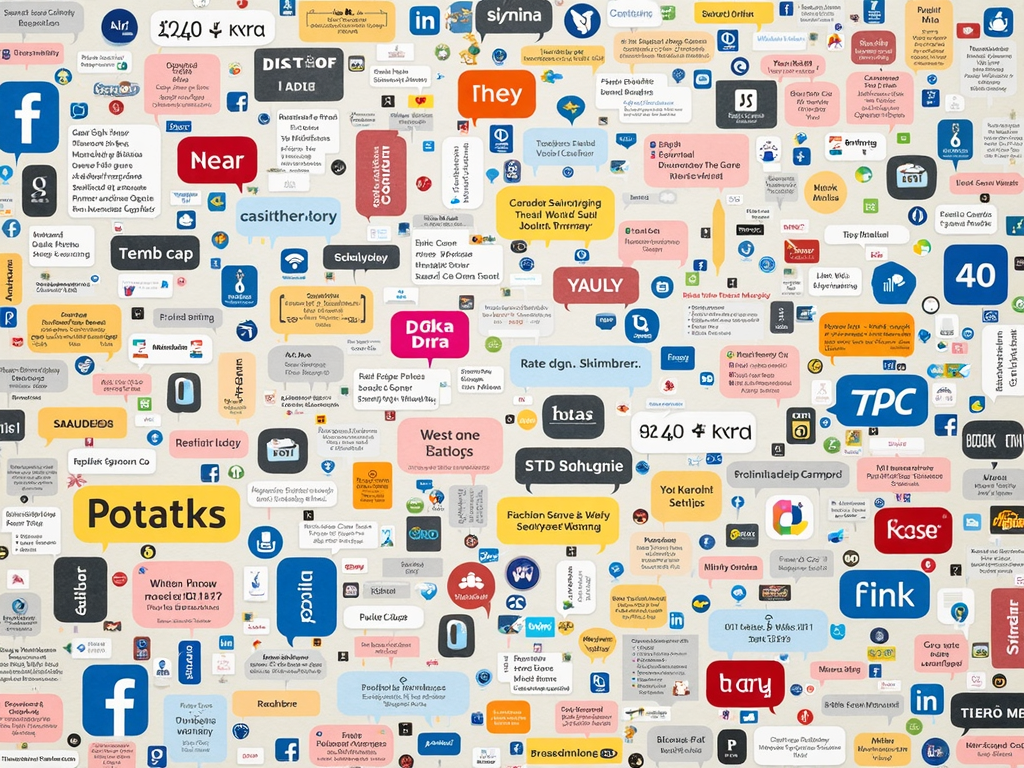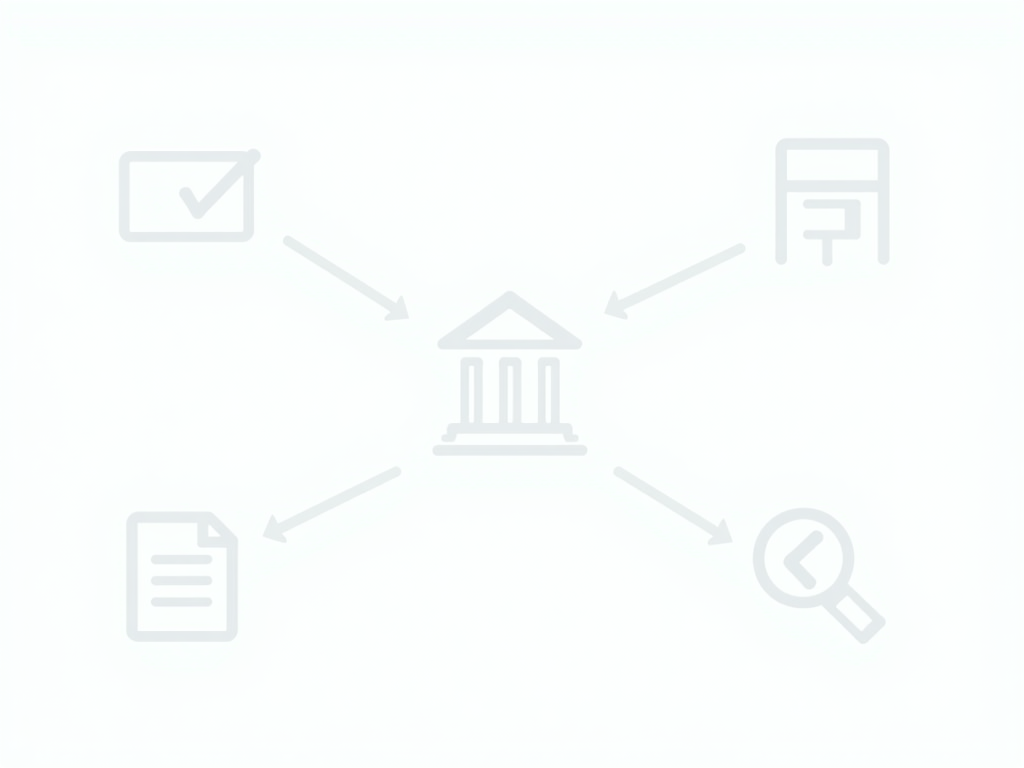Understanding Data Brokers and How They Use Your Information
Overview
Your personal information is everywhere online, and data brokers know it. These companies collect, analyze, and sell your data—often without you realizing it. From social media posts to public records, they build profiles about you for profit. This article dives into how they work and how you can protect your online privacy.

What Are Data Brokers?
Data brokers are businesses that gather personal details about you and sell them. They pull info from places you might not expect. Here’s where they look:
- Public records: Think court files or voter lists.
- Social media: Your posts, likes, and friends list.
- Online habits: Websites you visit or things you buy.
They turn this into profiles about you—everything from your age to your shopping habits. Companies buy these profiles for ads, credit checks, or even job screenings. It’s a big industry, and most of us don’t even know it’s happening.
A Brief History of Data Brokers
Data brokers aren’t new. Decades ago, they used phone books and paper records to track people. The internet changed everything. Now, they scoop up data from your clicks and posts. In the 1990s, they grabbed email addresses. Today, they track your every move online. According to Harvard Business Review, this industry has grown massive, yet it’s still mostly hidden from view.

How Do Data Brokers Get Your Info?
Ever wonder how they know so much? They’ve got tricks:
- Web scraping: Tools that snatch data from sites you visit.
- Buying data: They pay apps or stores for your info.
- Tracking tech: Cookies follow you online.
They also dig into public records or ask you directly with surveys. It’s sneaky but legal. The Federal Trade Commission found they collect billions of data points daily. That’s a lot about you!

What Do They Do With Your Data?
Once they’ve got your info, data brokers sell it. Here’s how it’s used:
- Ads: Companies target you with stuff you might buy.
- Credit scores: Banks check your risk.
- Background checks: Bosses or landlords screen you.
They might also help verify who you are for banks. Sometimes, it’s harmless—like getting a coupon. Other times, it’s creepy—or worse. If it falls into the wrong hands, it’s trouble.

How This Affects Your Privacy
Data brokers mess with your online privacy big time. They can:
- Flood you with ads or spam.
- Raise your risk of identity theft.
- Hurt your job or loan chances with wrong info.
I once got ads for baby stuff right after a private chat about a friend’s kid. Coincidence? Probably not. The Electronic Privacy Information Center warns this data can even end up with scammers. That’s scary.

How to Take Back Your Privacy
You’re not helpless. Here’s how to fight back:
- Try online privacy tools: I’ve used Incogni to wipe my data from broker lists. It’s easy—check out How to Set Up Incogni to Delete Personal Data.
- Share less: Skip oversharing on social media.
- Lock it down: Use strong passwords and two-factor authentication.
I check my credit yearly now—it caught a weird entry once. Small steps make a difference. The University of California, Berkeley has great tips too.

Summary
Data brokers quietly collect and sell your info, impacting your online privacy. They track you everywhere—social media, shopping, even public records. But you can fight back. Tools like Incogni and simple habits can keep your data yours. Stay aware, take action, and protect what matters.